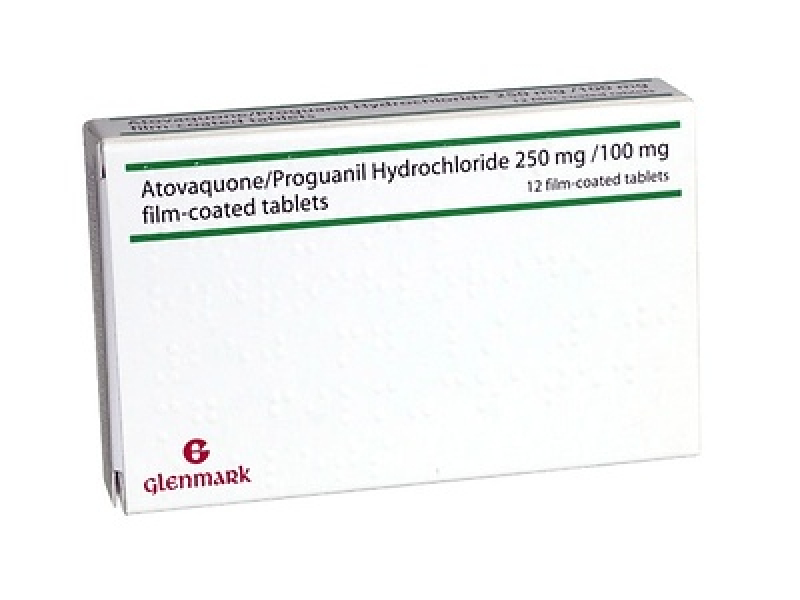Atovaquone / Proguanil (One Week Travel)

* Images for illustrative purposes only
* Brand supplied may vary depending on stock availability
While You Wait Service Available
While You Wait Service available for additional £3, conditions apply.

* Images for illustrative purposes only
* Brand supplied may vary depending on stock availability
While You Wait Service available for additional £3, conditions apply.
No appointment or long waiting times
Your information always remains private
All our doctors & pharmacists are qualified & based in the UK
Dispensed by our UK partner pharmacies

Choose from our treatment options or speak to the in-store pharmacist for advice

Complete our free online medical consultation to be reviewed by our Clinical Team

We will notify you when your medication is ready for collection
Atovaquone and proguanil are combination medications used to prevent and treat malaria. Atovaquone works by inhibiting the mitochondrial electron transport chain in the parasite, which disrupts energy production and prevents the parasite from surviving and multiplying. Proguanil is a prodrug that is converted into cycloguanil, which inhibits the parasite’s dihydrofolate reductase enzyme, interfering with DNA synthesis and parasite replication. When used together, these drugs have a synergistic effect, making it more difficult for malaria parasites to develop resistance.
For prophylaxis, atovaquone-proguanil is taken daily, starting one or two days before entering an endemic area, continuing during the stay, and for seven days after leaving. For treatment of uncomplicated malaria, the medication is typically administered once daily for three days. The combination is generally well tolerated, with common side effects including nausea, abdominal pain, headache, and rash. Because of its effectiveness and low resistance rates, it is a popular choice for travelers and patients with uncomplicated malaria.
It is important to consult a healthcare provider before use, especially for pregnant women or individuals with kidney or liver problems, and to be aware of potential drug interactions with other medications.
Take 1 tablet at the same time each day with food or a milky drink, where possible.
Start taking the tablets daily 2 days before visiting a malaria risk area. Keep taking 1 tablet every day while in the area, and for 7 days after you leave.



